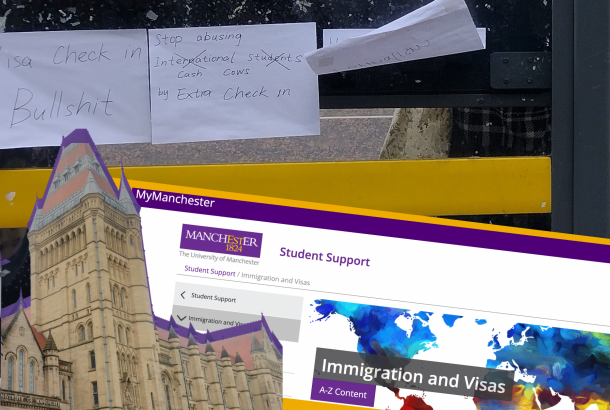Universities left struggling to cope with mental health epidemic

As the prevalence of mental health problems amongst students is at an all-time high with the number of students claiming a mental health related disability almost four-times as high as it was six years ago, universities across the country are being scrutinised for not adequately providing for those who require support the most. A Freedom of Information Act request sent to the University of Manchester can now reveal a breakdown of the University’s mental health spending over the last five years.
The University has seen steady employment for its mental health staff, with minor additions coming in the 2017-18 academic year. The most visible Uni mental health service has seen minor improvement as an additional counsellor was hired, bringing the total number to 11 full-time staff. The breakdown of staff for other roles is somewhat more complicated, as members of staff in other roles are counted as a proportion of a full-time member of staff.
Mental health nurses at the Uni rose from 0.8 full-time equivalent (fte) staff to 1.6, and the number of Psychological Wellbeing Practitioners rose from 2.25 to 3 fte. All other roles involved in mental health support have stayed at the same levels since 2013-14.
As The Mancunion reported last week, students are suffering from mental health issues at previously unseen rates. Of the poll of 37,000 students, one in three said they had a “serious psychological issue that required professional help”, and almost half of students admitted to use of drugs or alcohol to deal with their mental health issues.
In the face of such shocking statistics, this mental health epidemic surely demands a serious response from the University and other responsible parties.
Recently released plans for new mental health services – which are funded by the five Mancunian universities – for students address some of these concerns, stating the city “needs to do more” given Manchester has the country’s largest student population.
The scheme would mean streamlining the process for mental health appointments, and result in greater transparency in waiting times, which the University currently has no data on beyond “between no wait and six weeks at peak times.”
Dame Nancy Rothwell, President and Vice-Chancellor of the University of Manchester, echoed her support for the scheme and the University’s role within it: “Mental health is one of the top issues that students tell us about and we have invested significantly in services at The University Manchester and in this important new initiative.”
“The next logical step is to share expertise and resources across the whole region, and create a model that will benefit thousands of people. I am very pleased that The University of Manchester will play an important role in this and I hope that it is an idea that can be used across the whole country.”
Over the five academic years from 2013-14 to 2017-18, the number of students accessing 1:1 mental health sessions rose almost 20% from around 2,400 to around 2,800, and the number accessing groups or workshops relating to mental health rising from roughly 400 to roughly 700 (the University doesn’t hold exact numbers).
During the same period, funding for mental health staff at the uni has risen a third to just over £1 million. Despite widespread reports from students of long wait times, there still seems to be at least some response from the University, both in funding and staff numbers, even if the latter has only seen minor, recent additions.
Editor’s note: The Mancunion would like to apologise to the University of Manchester for previously stating that “new mental health” services were funded by Andy Burnham, the Mayor of Greater Manchester. He is in fact very supportive of the new scheme, but it is funded in part by the University of Manchester, alongside Manchester Metropolitan University, the University of Salford, the Royal Northern College of Music, and the University of Bolton.







